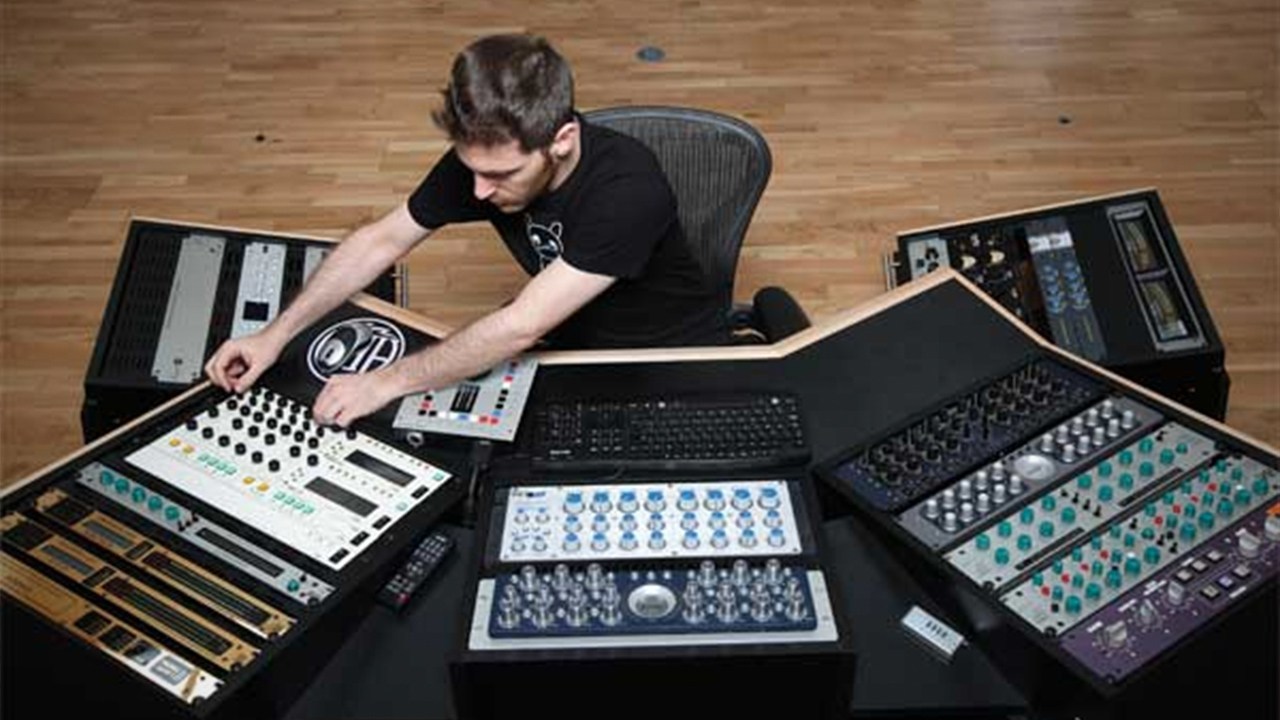
In case you’re not mastering and mixing engineer, you most likely have inquiries regarding how the two cycles contrast. The specialized talk and information on gear leave even the most experienced artists feeling confounded, so that outside of the designers themselves, scarcely any individuals truly recognize what occurs during these last stages. What’s more, this puzzle prompts bunches of deception—a few people think about the two cycles indeed the very same or dispose of them as superfluous if the music creation is acceptable to begin. Online mixing and mastering are very popular these days but people need to know more about these two things before they choose their professional.
What is mixing?
Mixing is the way toward consolidating a multi-track recording into a standard sound system track. When thinking about a creation timetable, mixing comes in the wake of recording and before acing, and it has a colossal impact on the sound of your melody. A decent blend will make your tune jump out of the speakers, sound clear, cleaned and will supplement the recorded components of your tune. An unremarkable blend can make even an incredible execution sound sloppy or soft, make it need criticalness and clearness, and sound like a demo or live chronicle.
During the mixing cycle a mixing engineer does three principle things:
- Equalize the degrees of the distinctive recorded tracks, to draw out the significant components in each segment and cause the melody to feel strong.
- Controls and upgrades the sonic character of various tracks with the assistance of processors, for example, EQ and pressure.
- Includes inventive impacts, for example, delay, reverb, radio channel, weighty vocal pitching, panning, contortion, and others to make the melody sonically fascinating – ear candy.
What are mastering styles?
Mastering styles are distinctive stylish ways to deal with preparing a blend during the mastering stage. Mastering has been around in some structure since the soonest recorded music.
Yet, the present blends are more different than any other time in recent memory. A playlist may put a roots nation track painstakingly blended for a warm vintage tone straightforwardly close by a singing full-recurrence EDM impact.
That implies mastering should be versatile to a wide range of various mixing ways of thinking. How does your style fit in? Also, how would you protect it during acing?
Specialists and sound architects ace music to:
- Improve the sound nature of advanced sound for an ideal playback experience.
- Underscore or lessen certain frequencies to adjust the recurrence range.
- Fix hazardous sound frequencies, stage issues, and recurrence reaction irregular characteristics.
- Improve apparent equalization by making an even dispersion of frequencies. A decent recurrence range enables dynamic accounts to interpret various playback frameworks.
- Oversee dynamic range, control transient spikes, and increment din. Dynamic range pressure additionally “pastes” every component into a strong entirety.
Picking the best mastering engineer and architect or studio may not be the most effortless errand, yet on the off chance that you take the entirety of the up to referenced focuses into thought, arriving at a resolution is that a lot simpler.
Why do you need to hire the mastering and mixing engineer for you?
Pick one that works best for you, and don’t be hesitant to search around. You aren’t focused on the principal alternative you see, yet ought to unquestionably pick the most ideal choice you see. We trust that you locate the most ideal help for the music that you’ve been calmly making over the previous months or years. In case you’re interested how your blend would sound aced with our administrations, follow the connection here for online mixing and mastering of your songs.